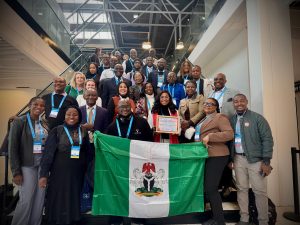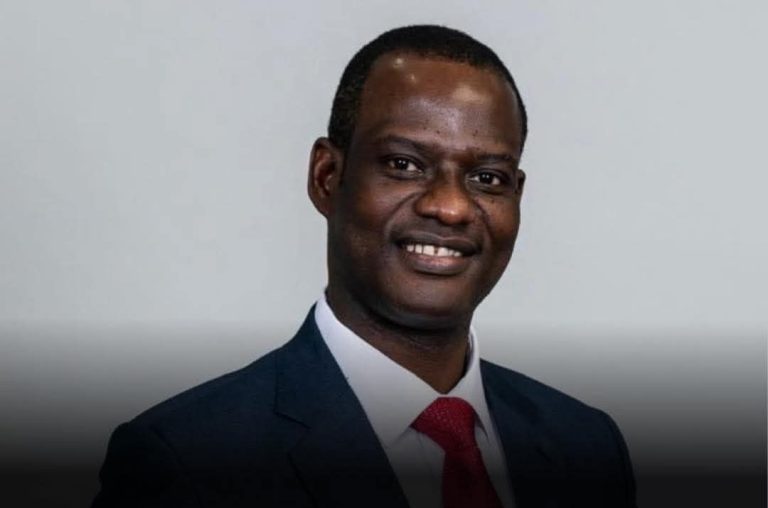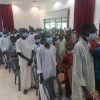
Forex Crisis: Nigeria Now Pays N907.5b Monthly on Petrol Subsidy.
The forex crisis in Nigeria has reached alarming levels, with the country now paying a staggering N907.5 billion in petrol subsidy every month. This comes as the depreciation of the naira has pushed the actual cost of a litre of fuel to N1,202.7. Despite government denials, it is clear that the subsidy burden is taking a toll on the economy.
One of the main reasons for this crisis is the failure of deregulation in the downstream segment of the petroleum industry. Over 90 licensed marketers, who were supposed to import petroleum products into the country, have been unable to do so for almost nine months. This unresolved price differential has created a situation where these marketers are unable to bring in any products, further exacerbating the forex crisis.
In addition, truck drivers who distribute petroleum products across the country are also feeling the impact. The rising price of diesel, which has reached N1,400 per litre, has led to an increase in transportation costs. The cost of diesel from Lagos to Abuja has jumped to N1.4 million, compared to N600,000 just last year. As a result, the Nigerian Association of Road Transport Owners (NARTO) has announced plans to suspend operations unless their transportation allowance is doubled.
Furthermore, the price control imposed by the government has unsettled local refineries, including the Dangote Refinery. With the resumption of the Port-Harcourt Refinery yet to materialize, these refineries, which rely on imported crude oil for processing, are facing huge challenges.
To understand the extent of the subsidy, let’s look at the numbers. As of the fifth week of the year, when the crude oil price was around $78 per barrel, the landing price of petrol per litre in Nigeria should have been N1,202.7. However, with the official exchange rate of N1,503.4 to a dollar, the Federal Government is currently paying about N585.5 subsidy on every litre of petrol. With a daily consumption of about 50 million litres, this amounts to a monthly subsidy of N907.5 billion.
Comparatively, the price of petrol in neighboring West African countries ranges from N2,000 to N1,400 per litre. This stark difference highlights the inefficiencies and challenges faced by Nigeria’s petroleum industry.
The timing of this crisis is important, as the International Monetary Fund (IMF) has been urging the Nigerian government to remove petrol and electricity subsidies. The confirmation that subsidies are indeed being paid only adds to the concerns raised by stakeholders in the industry.
DO YOU HAVE ANYTHING YOU WANT TO TELL US ABOUT NIGERIA? CLICK HERE TO JOIN ESSENCE FORUM AND SHARE YOUR TOPICS WITH OVER 4000 MEMBERS.
WATCH MORE NEWS ON OUR YOUTUBE CHANNEL CLICK HERE TO SUBSCRIBE
Forex Crisis: Nigeria Now Pays N907.5b Monthly on Petrol Subsidy.
Discover more from TOKTOK9JA MEDIA
Subscribe to get the latest posts sent to your email.



























